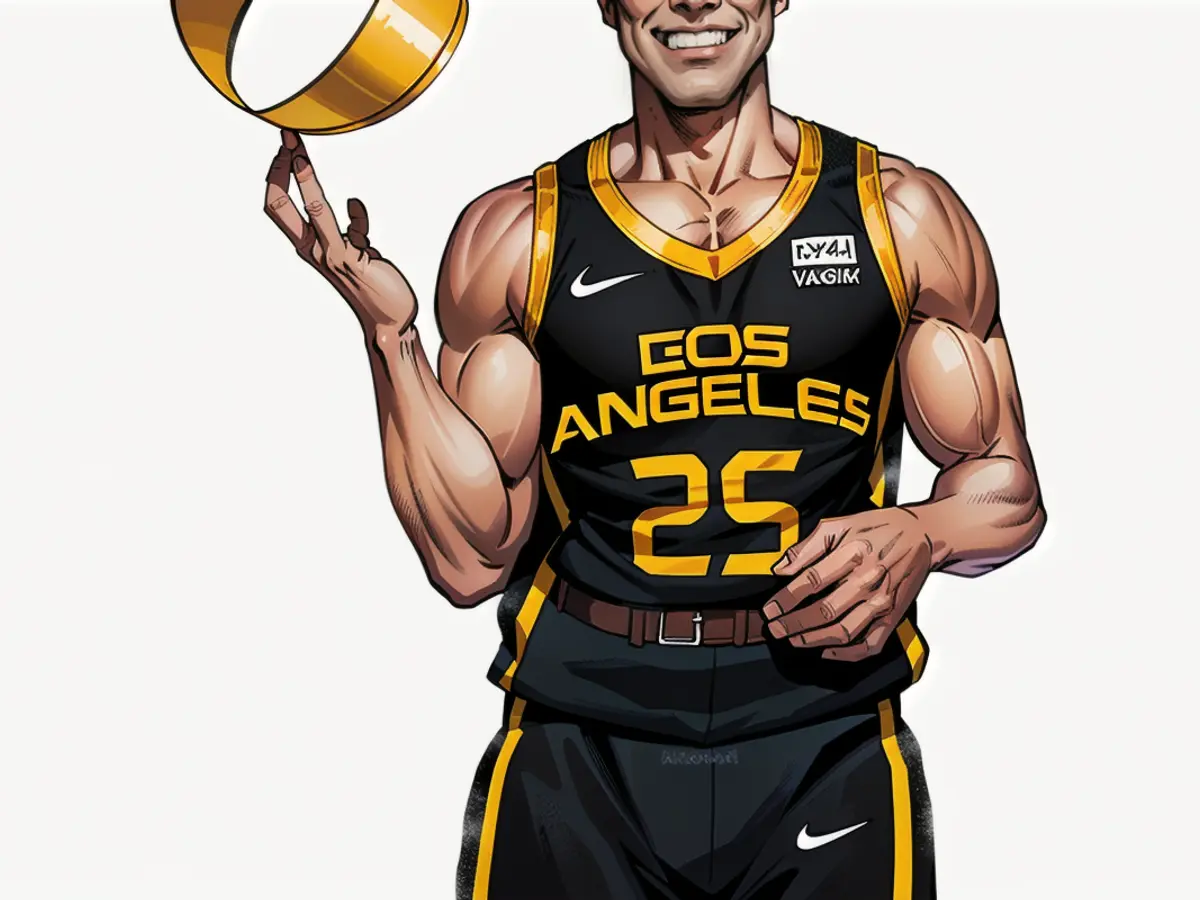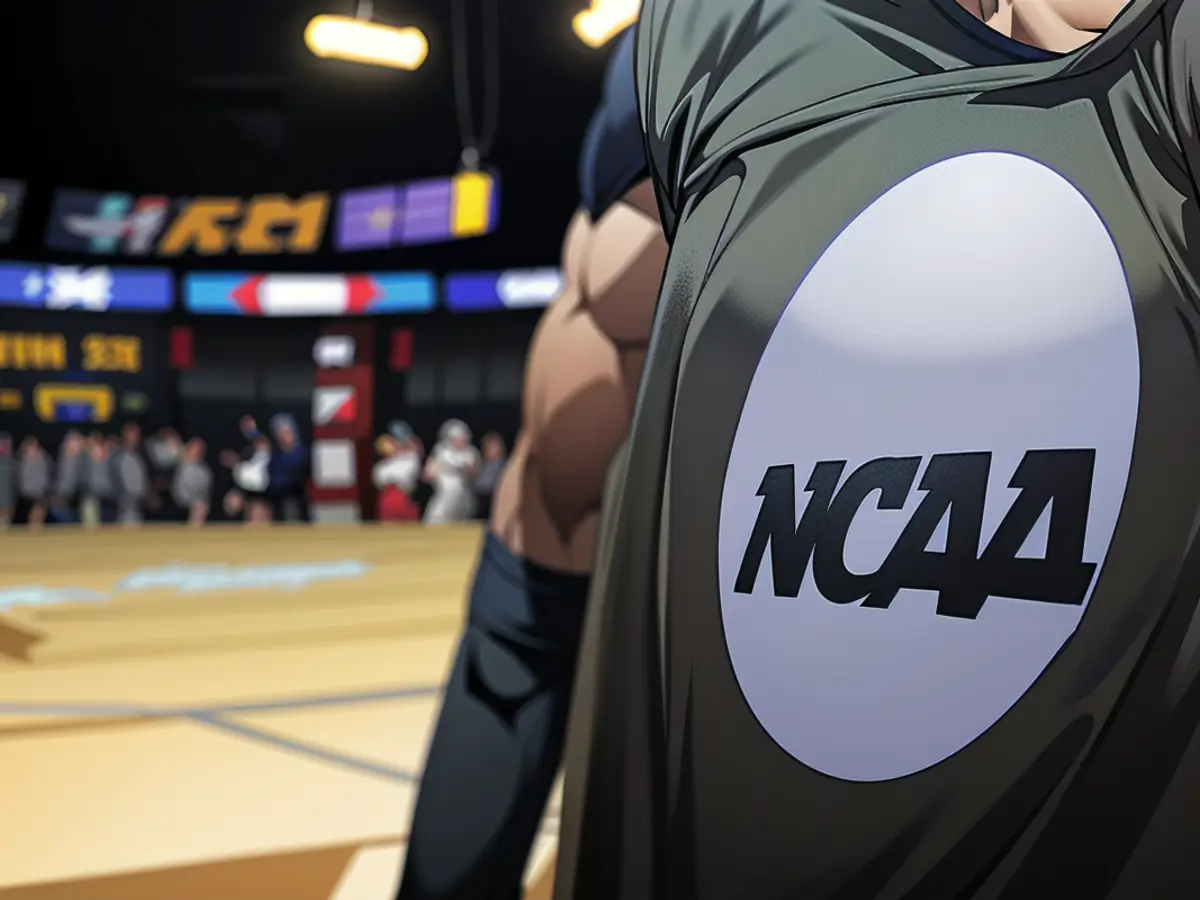WNBA's Clarendon and Turner Advocate for Trans Athletes to Compete in NCAA
Currently, most trans athletes face various challenges due to policies implemented by international sports governing bodies for swimming and track and field, as well as the recent statement by the National Association for Intercollegiate Athletics (NAIA). These actions are a result of growing pressure, where facts and inclusiveness are frequently ousted in favor of political agendas and blatant discrimination.
Now, the future of the NCAA is under question as they determine whether they'll adhere to their stated values of inclusiveness and trust their scientific advisors or continue their exclusionist path. Amazingly, over 400 athletes, including us, are urging the NCAA to support transgender athletes' right to participate. Regrettably, if those few anti-transgender groups and advocates get their way, the aspirations of young trans athletes might remain unfulfilled.
This pattern can be traced back to the 2010s when focus shifted from kicking transgender people out of public restrooms to barring transgender athletes from participating in sports. The ultimate objective is to remove transgender people from public life.
Across the nation, legislators who rarely acknowledge the existence of transgender athletes are spearheading efforts to deny transgender youth the opportunity to participate in sports, under the guise of "protecting women's sports." So far, half the states in the United States have laws or regulations in place, banning transgender youth from sports. At this stage in 2024, over 550 bills have emerged in 42 states, intending to exclude transgender individuals, with 37 already passed.
Right now, extraordinary levels of scrutiny are being directed at the minute fraction of NCAA athletes who are transgender – less than 40 among a pool of over 500,000. In contrast, there are documented threats to women's sports like unequal pay, pervasive sexual abuse and harassment, and a failure to abide by Title IX (a federal law prohibiting sex-based discrimination in educational institutions receiving federal funding), which was unequivocally defined by President Joe Biden as extending to the LGBTQ+ community. These issues were highlighted by viral TikToks during the 2021 March Madness tournaments.
We, Brianna and Layshia, feel strongly about this issue as it deeply affects us. I (Layshia) am the first openly trans and nonbinary athlete in the WNBA while I (Brianna) am a staunch ally, advocating for inclusive policies and treating transgender athletes with respect and dignity. Both of us have dedicated our lives to women's sports and are deeply distressed by the neglect of these concerns.
As the NCAA faces mounting pressure from a select group of vocal conservatives who demand the barring of transgender athletes, we state unequivocally: they don't speak for us. They don't represent the numerous transgender athletes, professional, Olympic, and Paralympic athletes who have expressed their support for transgender athletes. They also haven't earned the support of Olympian Erica Sullivan, who competed against trans athlete Lia Thomas at the 2022 NCAA Championships and wrote: "We are wasting resources and focusing on a question with a straightforward answer: Should the transgender community be afforded equality and inclusion in all sectors of life, including sports? Yes."
Additionally, they don't represent the coach of the current NCAA women's basketball champion, Dawn Staley. Ruggedly standing firm on the eve of the championship game, she underscored her stance that transgender women should be allowed in women's sports, risking the wrath of anti-transgender sports fans. "I'm okay with that," she stated.

Finally, they bear no resemblance to the indisputable facts and logic before us: The existing policy and regulations at the highest level of sport, the Olympic level, were crafted by medical and safety specialists and founded on extensive research demonstrating that transgender individuals do not inherently possess a physical advantage due to their gender identity.
Sign up for CNN Opinion's newsletter.
Get CNN Health's weekly newsletter{.cta}
In our journey as professional basketball players, we've noticed that no single type of athlete is guaranteed success. Every individual's achievements depend on numerous factors, such as access to proper nutrition, equipment, and coaching. Just like any other athlete, transgender athletes experience wins, losses, and dedication to compete.
Reminiscing about our college days, we recall the uncertainties but deeply felt passion for the sport we adore, as well as our camaraderie with teammates. We're honored to belong to a league that endorses inclusion and encourages players to openly discuss what they care about.
We refuse to remain silent as the sport we cherish is under attack - not by a fabricated, prejudice-fueled lie about transgender people's identity, but by a genuine, alarming motive to limit the ways a woman or an athlete can be. We excel as players, human beings, and as a diverse community when we celebrate our unique qualities and our collective pursuit of fairness. After all, teamwork isn't simply about team members working together; it's about expanding opportunities, enabling future generations to chase their dreams.

Read also:
- This will change in December
- Dikes withstand water masses so far - Scholz holds out the prospect of help
- Fireworks and parties ring in 2024 - turn of the year overshadowed by conflicts
- Attacks on ships in the Red Sea: shipping companies avoid important trade route
In this discourse, various stakeholders express their opinions on the inclusion of transgender athletes in sports, particularly in the NCAA. Despite facing numerous challenges, over 400 athletes, including WNBA players Brianna and Layshia, assert their support for transgender athletes' right to participate. Conversely, some advocates and legislators argue against their participation under the pretense of protecting women's sports.
Source: edition.cnn.com







